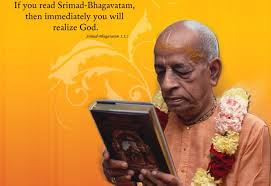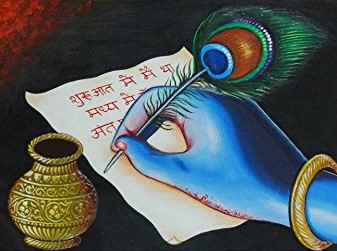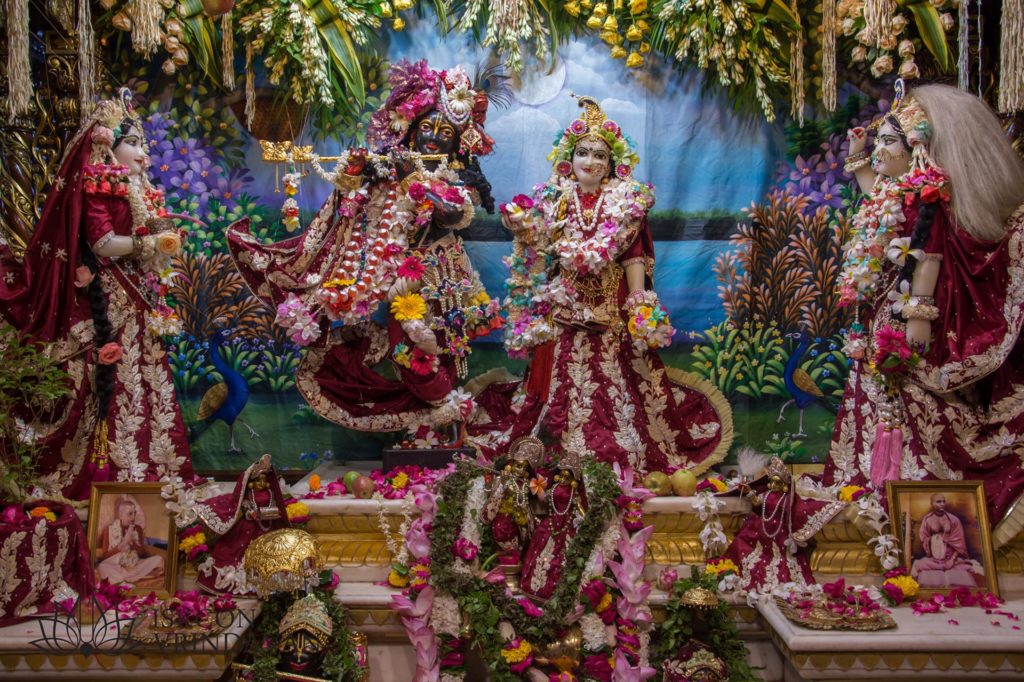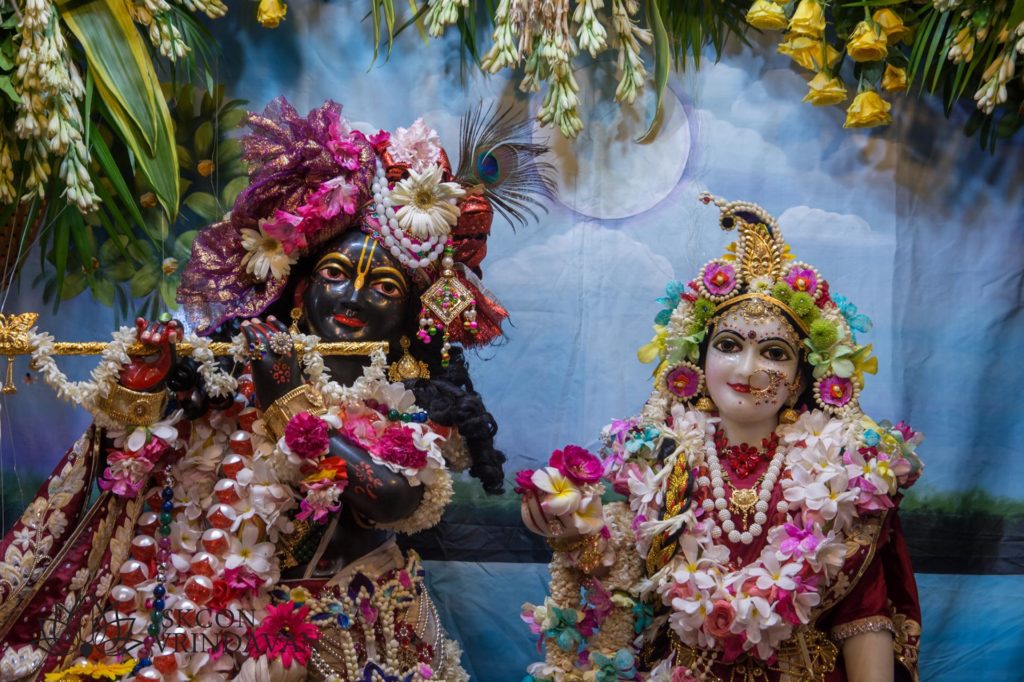
Hare Krishna and pranam dear devotees,
We come into Krishna consciousness with a spiritual goal. Most of us are also looking a one-stop solution for all our material distress and anxieties and from one angle it is right to turn to Krishna for our material problems because Krishna is our only protector and shelter.
It is always challenging when devotees are visited by distress, but we can take these times to examine how much we’re able to apply the knowledge we have gained from reading and chanting.
What is Distress?
Extreme anxiety, sorrow, or pain.
Krishna advises us to tolerate distress without getting disturbed
O son of Kuntī, the nonpermanent appearance of happiness and distress, and their disappearance in due course, are like the appearance and disappearance of winter and summer seasons. They arise from sense perception, O scion of Bharata, and one must learn to tolerate them without being disturbed.
(Bg 2.14)
Seems easier said than done!
Even well placed devotees get surprised and bewildered when distress hits them. Why me? Why now? How can I go through it? How can I help others who may be going through it? We can see it from multiple angles.
Uttama (good) – philosophical understanding
There are two kinds of activities, namely pious and impious. By executing pious activities one can gain facilities for higher material enjoyment, but due to impious activities one has to undergo severe distress. A devotee, however, is not interested in enjoyment or affected by distress. When he is prosperous he knows, “I am diminishing the results of my pious activities,” and when he is in distress he knows, “I am diminishing the reactions of my impious activities.” A devotee is not concerned with enjoyment or distress; he simply desires to execute devotional service. It is said in the Srimad Bhagavatam that devotional service should be apratihatä, unchecked by the material conditions of happiness or distress.
But better than facing distress with a philosophical understanding is if we can connect our distressed condition directly with Krishna. Another reason is that devotees do not suffer from karmic reactions.
Ati Uttama (better): An impetus to remember Krishna
The word hari conveys various meanings, but the chief import of the word is that He (the Lord) vanquishes everything inauspicious and takes away the mind of the devotee by awarding pure transcendental love. By remembering the Lord in acute distress one can be free from all varieties of miseries and anxieties. Gradually the Lord vanquishes all obstacles on the path of devotional service of a pure devotee, and the result of nine devotional activities, such as hearing and chanting, becomes manifested.
Sarvottama (best): Krishna is curing me with bitter juice
The fact is that everything is the Supreme Personality of Godhead, manifested in varieties of energy. Ekam evādvitīyaṁ brahma. There is no second existence.
Those who are truly vipaścit, learned, are those who have reached the platform of understanding and observing the Supreme Personality of Godhead in any condition of life. Premāñjana-cchurita-bhakti-vilocanena santaḥ sadaiva hṛdayeṣu vilokayanti (BS. 5.38). Learned devotees accept even conditions of distress as representing the presence of the Supreme Lord. When a devotee is in distress, he sees that the Lord has appeared as distress just to relieve or purify the devotee from the contamination of the material world. While one is within this material world, one is in various conditions, and therefore a devotee sees a condition of distress as but another feature of the Lord. tat te ’nukampāṁ su-samīkṣamāṇo (SB 10.14.8).
A devotee, therefore, regards distress as a great favour of the Lord because he understands that he is being cleansed of contamination. Teṣām ahaṁ samuddhartā mṛtyu-saṁsāra-sāgarāt (Bg. 12.7). The appearance of distress is a negative process intended to give the devotee relief from this material world, which is called mṛtyu-saṁsāra, or the constant repetition of birth and death.
To save a surrendered soul from repeated birth and death, the Lord purifies him of contamination by offering him a little distress. This cannot be understood by a nondevotee, but a devotee can see this because he is vipaścit, or learned. A nondevotee, therefore, is perturbed in distress, but a devotee welcomes distress as another feature of the Lord. Sarvaṁ khalv idaṁ brahma. A devotee can actually see that there is only the Supreme Personality of Godhead and no second entity. Ekam evādvitīyam. There is only the Lord, who presents Himself in different energies.
Sarvashreshta (topmost) : Advance devotee see distress as a blessing and welcome it
I wish that all those calamities would happen again and again so that we could see You again and again, for seeing You means that we will no longer see repeated births and deaths.
Who are such devotees?
Those devotees who are in proper shelter, whose consciousness has evolved and who are steady and enthusiastic in their determination to advance in Krishna consciousness. Such devotees see all distress simply as a mercy of Sri Guru and Gauranga upon them. They have firm faith that Krishna knows what is best for their spiritual progress.
Can I align my consciousness like this?
This is obviously a very high and evolved consciousness but there is very simple and sublime spiritual solution for it. If we have a desire to see all challenges and distress in our life simply as a mercy of Guru and Krishna upon us then one of the option, shared by HG Srimati mataji, is to daily sing the bhajan gopinath, mama nivedana suno by Srila Bhaktivinoda Thakura. By humbly praying for it and then singing this bhajan our consciousness will slowly but surely evolve, our heart will soften and then we can gradually come to realise that all distress is simply mercy of Srila Gurudeva upon me and one welcomes it with all his heart.
I pray that it helped.
All glories to Srila Prabhupada.
your servant,
Giriraj dasa




